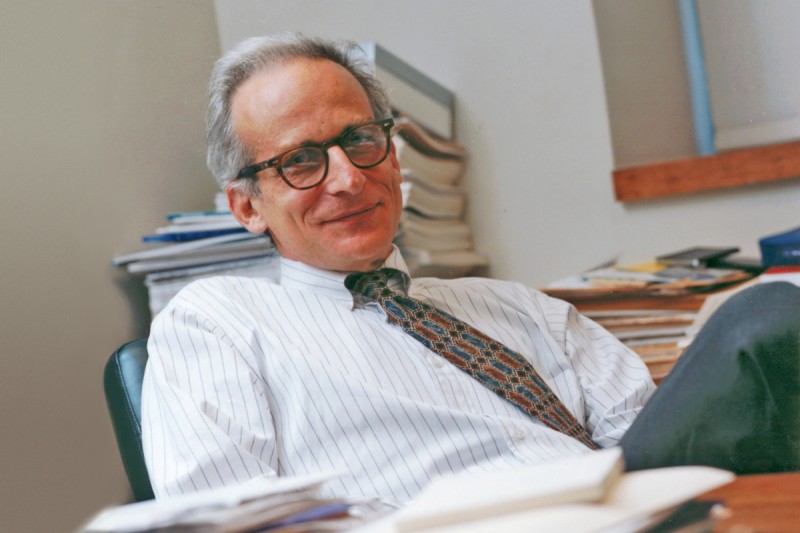
Dr. Sepkowitz served for almost 4 decades as a leader at MSK, contributing significantly through clinical, academic, and administrative roles. He began as a fellow with the Infectious Disease Service, joined the faculty and, a few years later, became Associate Chairman for Clinical Affairs in the Department of Medicine (1996-2001). Other institutional roles followed including Vice Chairman of the Department of Medicine (2008-2014) and Deputy Physician-in-Chief for Quality and Safety (2014-2024).
In addition to his clinical work, Dr. Sepkowitz led the MSK Hospital Infection Control program from 1998 to 2014. During this time, he worked closely with the Centers for Disease Control and Prevention (CDC) on numerous initiatives. He also was Principal Investigator at MSK for the CDC Centers of Excellence in Infection Control program that included MSK as one of 7 institutions nationally. This group studied many interventions to reduce hospital-acquired infections (HAI), most notably the now-standard use of chlorhexidine bathing of patients to reduce the likelihood of developing an HAI. This funding also allowed him to establish one of the first molecular typing labs for study of transmission of pathogens such as Clostridioides difficile (C diff), methicillin-resistant Staphylococcus aureus (MRSA), and other drug-resistant organisms.
Additional work with the CDC included co-authorship of national and international guidelines for control and management of opportunistic infections, tuberculosis, febrile neutropenia, and other conditions. He also worked as an advisor to the New York State Department of Health and the New York City Department of Health to reduce HAIs and improve management of HIV infection.
His work as an infection control specialist led to an interest in patient safety and in 2014, he was appointed as the first MSK Deputy Physician in Chief for Quality and Safety, serving in this role until his retirement. In addition to overseeing MSK safety programs, during his tenure, he established both the Patient and Family Advisory Council for Quality and a connection with the Binghamton University Thomas J Watson School of Engineering to supervise graduate students in their nationally recognized Health Systems program.
Throughout his career at MSK, Dr. Sepkowitz prioritized the safety of MSK staff, providing guidelines for handling infectious agents and ensuring proper personal protective equipment. A dedicated teacher, he received numerous accolades from housestaff and fellows; as a prolific writer, he became a national and international resource through articles in the lay press on various infectious disease challenges. This activity led to national media appearances as well, most notably during the COVID-19 pandemic. Finally, he was an invaluable clinical mentor to MSK staff and colleagues worldwide.